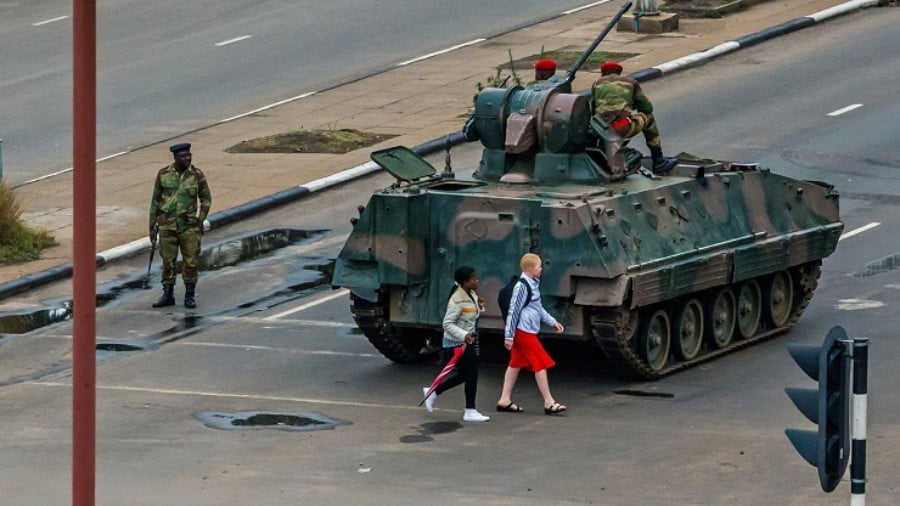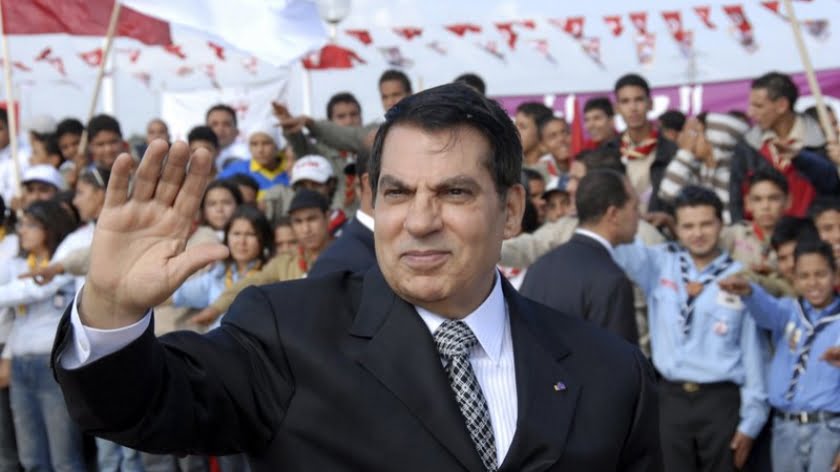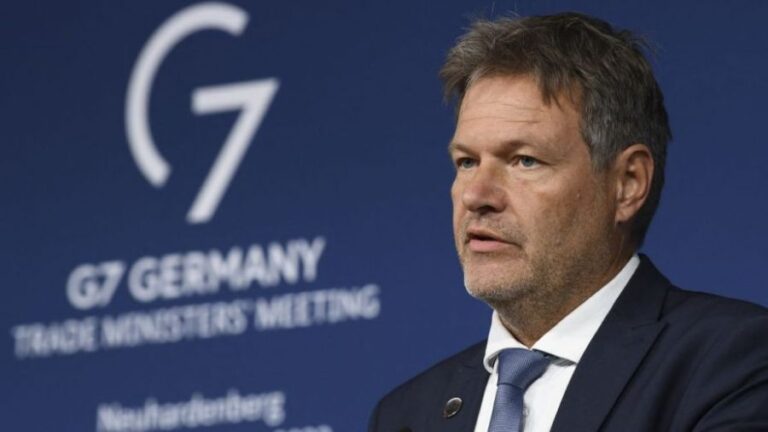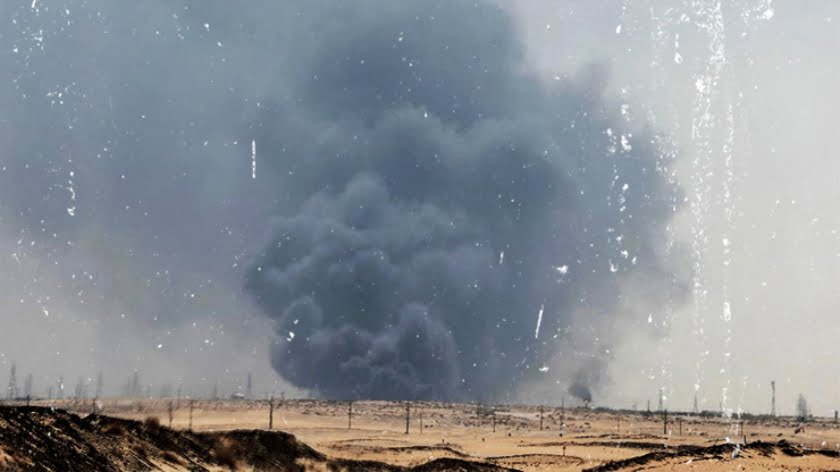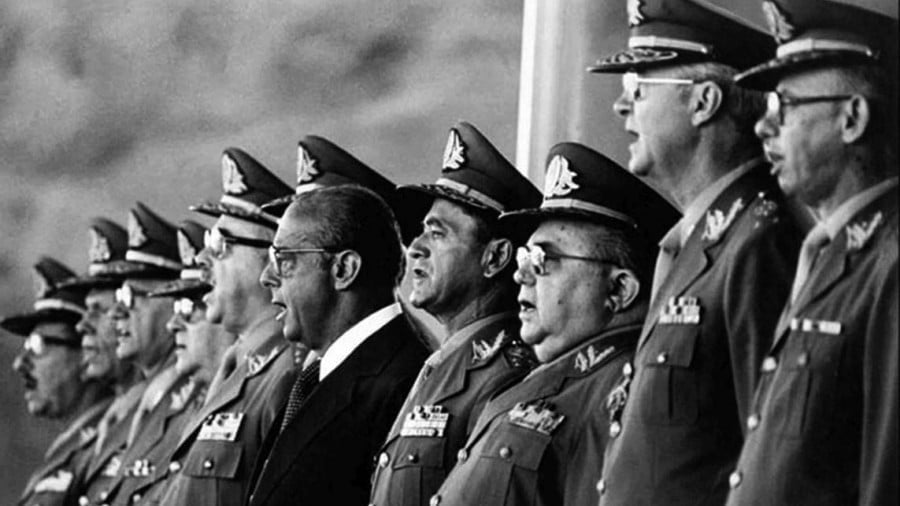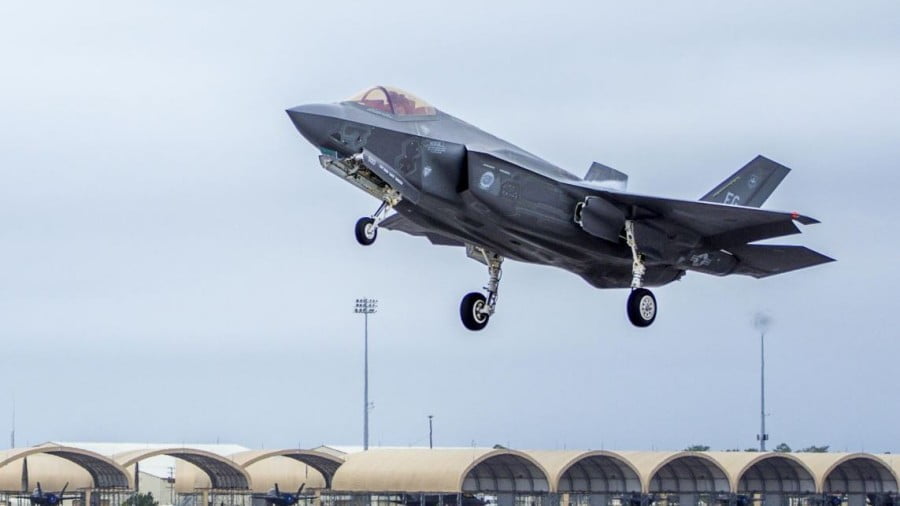African Boat Is Vigorously Rocked by External Forces
The African continent, because of its tremendous reserves of mineral resources that are easily accessible and the “Dark Continent’s” strategic location, has been suffering from the impact from external forces for centuries. At first, this was expressed in the form of colonial exploitation by Western powers, and over the past few decades in the predatory policies of foreign transnational corporations, which overtly steal wealth from the local population.
In addition, West Africa, due to the lack of sufficient legal literacy and poverty that prevails among the population, has long become a place where various medical products can be tested with impunity, and experiments conducted on living people, without anyone knowing about it. For example, at the peak of the Ebola epidemic, a prominent Liberian doctor told local media outlets that people had been administered Ebola vaccinations in Liberia, Nigeria, and Sierra Leone as part of an American anti-malaria vaccination program. It is worth noting that the Pentagon financed the work developing the vaccine, and the patent for the virus strain is held by the US State Department. Given the presence of oil, diamonds, and gold in these countries, and that during the struggle for those the United States has more than once instigated armed conflicts in different regions around the world, Washington’s stated logic of sending troops to these countries to allegedly “combat the Ebola virus” does not hold any water. It is very evident to everyone involved that this is what makes it easier to cover up the plunder of needed resources from these countries.
Another factor that makes the African continent particularly appealing to the United States is the endless flow of immigrants that move from it to Europe. By creating conflicts with African countries under the guise of combating terrorism, Washington easily manages to exert pressure on the European Union by controlling the flow of immigrants, and uncontrolled immigration makes European countries more accommodating when the US holds the levers to help resolve their problems. The fact that the United States and its war on terrorism are to blame for Europe’s refugee crisis, with 37 million people becoming refugees and internally displaced persons, is already openly acknowledged in Europe, with The Independent reporting on that.
Taking into account the specifics of the political elite in many African countries, which can be bought much more cheaply than anywhere else, “external forces” in recent decades have been actively using various technologies to topple political regimes, especially in the resource-rich countries on the continent.
Previously, this mostly meant covert CIA operations to eliminate African political leaders that were objectionable to Washington, and a number of these “operations” were reported to the public by a committee chaired by the American Senator Frank Church, and approved back in the day by the Republican President Gerald Ford. It does need to be highlighted that over the years it did work the Church Committee managed to reveal and disclose only a small amount of the materials detailing the activities performed by the intelligence services, which are not constrained by any laws. And as the years have gone by, this “area of focus” for Washington’s struggle with its political opponents in the world has not fallen into oblivion, which was confirmed in 2017 by a statement from Mike Pompeo, who was the head of the CIA at the time and spoke very unequivocally about possibly eliminating the DPRK’s leader, Kim Jong-un. And the murder of Iranian general Qasem Soleimani in Iraq in January this year is also a clear confirmation of this.
Another “area of focus” in Washington’s struggle against unwanted politicians in Africa in recent decades has been US special operations conducted on the “Dark Continent”. Most US citizens only first learned about them in 2017, when an American military group was ambushed by militants from the DAESH group (banned in the Russian Federation) near the village of Tongo Tongo in Niger, where four American special forces soldiers were killed. According to Don Bolduc, a retired brigadier general who served with AFRICOM from 2013 to 2015 and was then in charge of special operations until 2017, US special forces have taken part in combat operations in at least 13 African countries in the past decade alone. In particular, this means Burkina Faso, Cameroon, the Central African Republic, Chad, the Democratic Republic of the Congo, Mali, Mauritania, Kenya, Libya, Niger, Somalia, South Sudan, and Tunisia, and, at the very least, US soldiers were killed or wounded in the last six of these countries.
Taking into account the ubiquitous, growing criticism of these kinds of subversive activities taken by the United States, and anti-American sentiment everywhere, Washington has recently begun to more actively “entrust” these operations involving political erosion of the situation in important countries to other actors in the ranks of its “allies”. And the events in Venezuela and Belarus serve as the latest confirmation of this.
A few days ago, the African news source bulawayo24.com reported that Zimbabwe’s ruling party, the Zimbabwe African National Union – Patriotic Front, accused the opposition bloc, the Movement for Democratic Change Alliance, of sending its fighters to Moldova to train for anti-government actions. Patrick Chinamasa, an official spokesperson for the ZANU-PF, made an announcement about this at a press conference after a Zimbabwean army soldier was killed in a recent shootout. The official told reporters that the opposition is sending “renegades” abroad who are taught how to make Molotov cocktails there and then wreak havoc in their home country. “We also want to warn countries that hold these kind of training exercises not to do that. Besides them, we also want to call upon countries that finance coercive action to stop doing so. You train people as militiamen, as soldiers outside Zimbabwean borders, and you think that the government will tolerate that? We will not tolerate that,” proclaimed Chinamasa.
Previously, with the goal of destabilizing the situation in Zimbabwe, information about an alleged coup d’etat was being actively disseminated via American social media, and because of that the government of this African country was forced to make an official statement on June 11 to repudiate these rumors.
Shortly thereafter, according to BBC Africa, Patrick Chinamasa, a spokesperson for the Zimbabwe African National Union – Patriotic Front ruling party, accused the country’s US embassy of sponsoring anti-government protests that were planned for July 31, and he threatened to expel the US ambassador from the country.
According to experts, all of the incidents stated above involving the erosion of the situation in Zimbabwe from the outside are, above all else, evidence that the United States and its allies in Africa are ramping up their efforts geared toward destabilization. Currently, the United States supports targeted economic sanctions against Zimbabwe due to alleged “human rights violations”, but these kinds of tactics have been used by Washington repeatedly to exert external pressure on unwanted political regimes in different countries, and attempt to sway the political situation in them.

